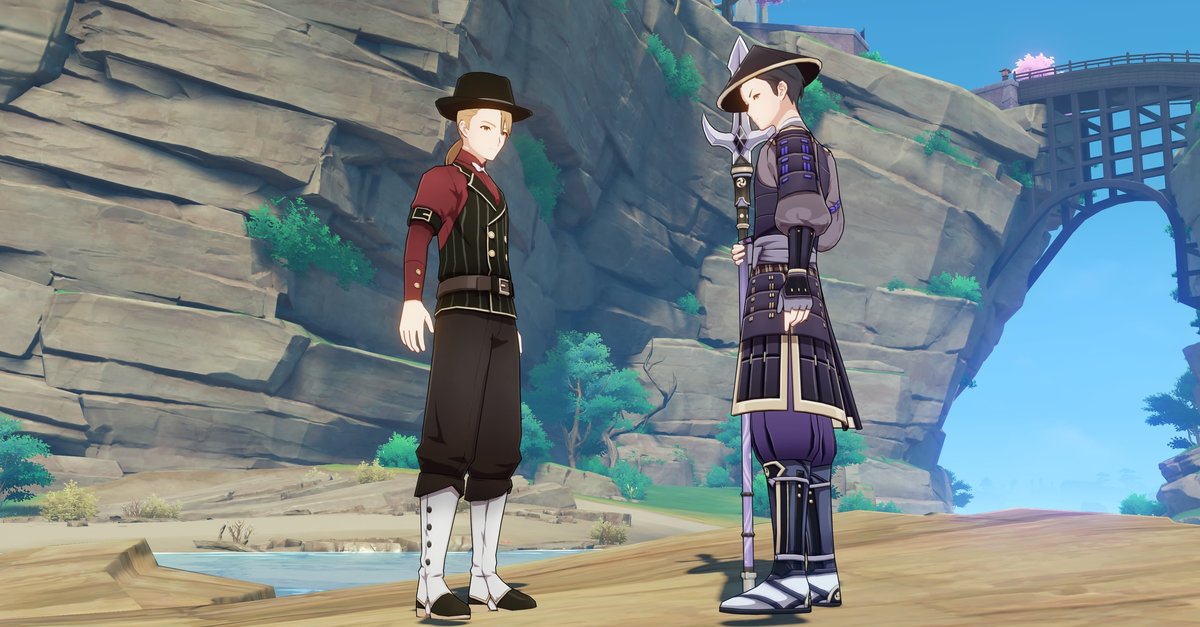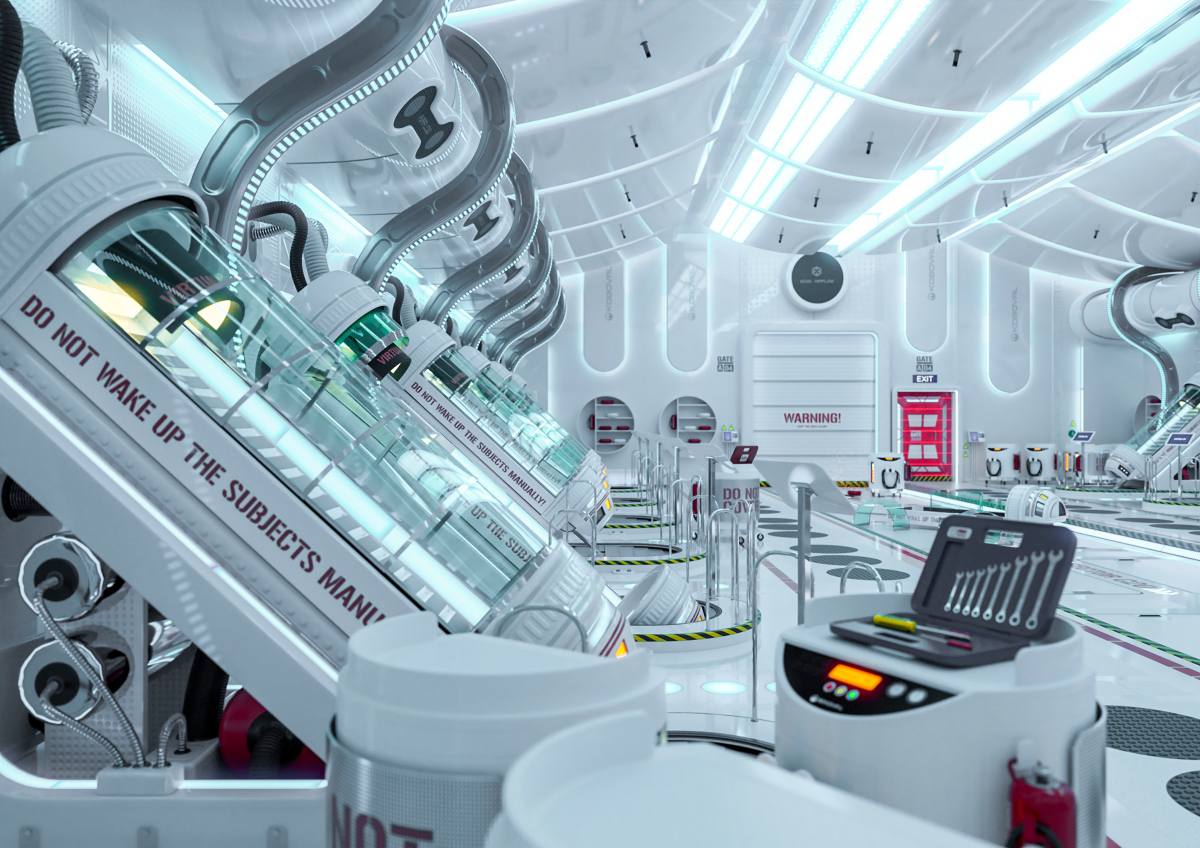AI for Good: Coding for a better world
No time right now?
A new alliance of programmers, financially strong tech companies and NGOs is formed. Together they want to solve global problems such as poverty, hunger and climate change. However, it is not that simple in everyday life.
In the best case scenario, the procedure only takes two minutes. Once up on the scales, then measure your height with the wooden stick and finally put on a ribbon to read your arm circumference. If the child stays still during the examination, you will be done very quickly. But that hardly ever works. Children move, fidget, run around, especially the younger ones. Ten minutes and more are therefore the rule to collect the data. And then there are the boys and girls who can’t keep still. “You don’t stand a chance with them,” says Markus Matiaschek. “But these are often the most urgent cases.”
47 million children suffer from emaciation, which is a sign of acute malnutrition, 144 million children chronically receive too little protein, vitamins, iron, iodine or other nutrients. Welthungerhilfe recently published these figures and warned that the fight against hunger is proceeding too slowly. Climate change, droughts and conflicts are hampering the supply of food – and Covid-19 is further exacerbating the drama. For months it has been almost impossible to measure children because you have to get close to them.
Matiaschek knows these children. The programmer who works for Welthungerhilfe met her on his travels to India. He has traveled to villages and slums several times, now he is sitting in Würzburg in the Cube, a light-flooded hub for founders, in which he has rented. The 37-year-old wears a dark checked shirt, three-day beard, his hair tucked behind his ear, and explains how he wants to solve the problem: digitally, namely with the Child Growth Monitor.
It is a smartphone app with which the helpers only have to scan the front and back of the child, the rest is done by artificial intelligence. It determines how tall and heavy the children are and the size of their upper arm – and whether these values indicate healthy development. Or whether help is needed. The app will be ready in a few weeks, says Matiaschek. After almost three years of work.
In the end, one did not often get the impression that digitization is having a positive impact on society. Hate speech, right-wing networks, rigged elections, disinformation campaigns – everywhere tech seems to produce only the worst in people. Or, above all, to be used to optimize online marketing and fuel consumption.
But more and more programmers, scientists, politicians and founders see artificial intelligence, blockchain, big data and IoT as a kind of game changer for global problems. The World Economic Forum stated that the “technologies of the fourth industrial revolution” could have a “major impact” on ten of the 17 sustainability goals; 70 percent of the 169 sub-goals could be tackled directly. UN aid agencies such as Unicef or UNHCR are experimenting with AI, researchers in Oxford are investigating the question of how “AI for Social Good” projects should be designed, and in Germany the Federal Environment Ministry supports sustainable tech founders – and companies in Silicon Valley are also involved . They started programs to advance non-profits and eco-social startups.


